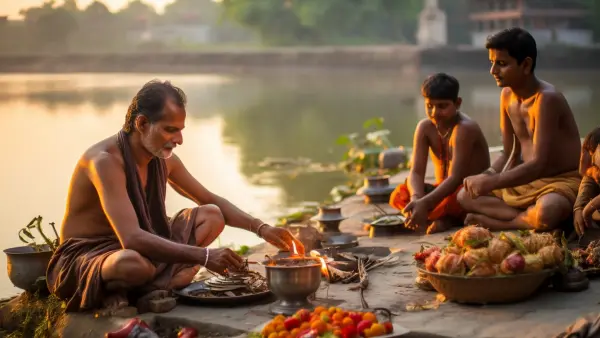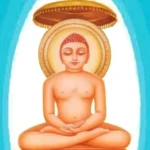
In civilized societies, it is essential to carry forward ancestral traditions and acquaint future generations with the history of their forefathers, so that they can live within family values and expand the glory of their ancestors. The fortnight from the first day to the new moon in the dark fortnight of the month of Ashwin is called Shraddha Paksha. Before this, on the full moon of Bhadrapada, the first Shraddha is observed in memory of those virtuous souls who departed from their mortal bodies on the full moon day.
According to Sanatan beliefs, followers of Sanatan Dharma remember their deceased ancestors during Shraddha Paksha and, in their memory, prepare the same food items that the deceased loved. Although logic may not fully endorse Shraddha on the scale of reasoning, it is purely a matter of faith and devotion, and faith in religion is not questioned. During Shraddha Paksha, considerations of auspicious and inauspicious activities are more prominent.
Shraddha Paksha and Avoiding Auspicious Works – A Tradition or Superstition?
In some families, no auspicious work is done during Shraddha Paksha. There is no precise reasoning behind why such avoidance should be practiced. It is my view that there is no justification for pointing fingers at faith according to religion in India. However, it is necessary to adapt to the changes occurring with time in modern society. Even if Shraddha Paksha is not linked with faith and devotion, its rationale can be understood in this way: today’s generation is deprived of ancestral connections. Their memories do not even preserve the names of their ancestors.

Today’s generation is unaware of generations beyond their father and grandfather. In such a scenario, if a civilized society remembers the death anniversaries of their ancestors during the dark fortnight of Ashwin month and donates food, clothing, or other items according to their devotion and capacity in their memory, how can it be called wrong? However, it is important that donations should be given to a deserving person who is truly needy and unable to arrange






